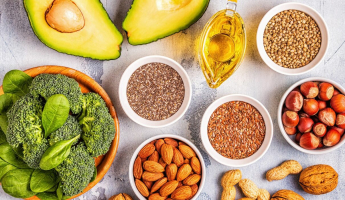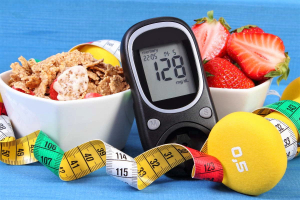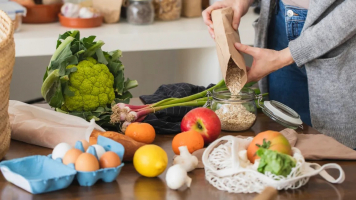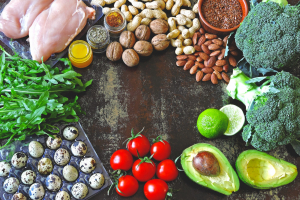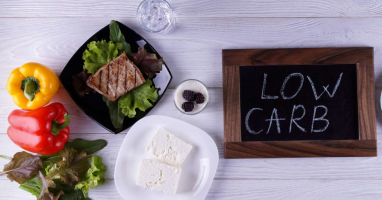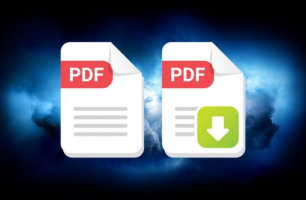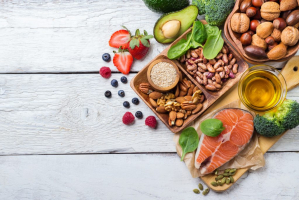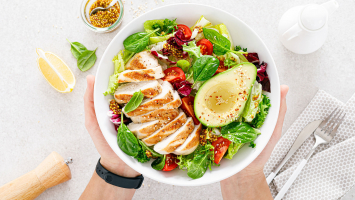Top 10 Easy Ways to Lower Blood Sugar Levels Naturally
Diabetes and prediabetes are associated with high blood sugar, often known as hyperglycemia. When your blood sugar is elevated but not high enough to be ... read more...classified as diabetes, you have prediabetes. Chronically high blood sugar levels can lead to limb and life-threatening problems in people with diabetes, thus blood sugar management is very important. Here are some simple and scientifically proven ways to naturally lower blood sugar levels.
-
Exercise can help you reach and maintain an ideal weight while improving insulin sensitivity. Increased insulin sensitivity means your cells can use the sugar in your bloodstream more efficiently. Exercise also helps muscular contraction and the use of blood sugar for energy.
If you have trouble controlling your blood sugar, check your levels before and after exercising on a daily basis. This will help you understand how you respond to various activities and prevent potentially high or low blood sugar levels. Furthermore, experts advise eating "exercise snacks" to reduce blood sugar and avoid the negative effects of sitting all day. Exercise snacks include breaking your sitting time every 30 minutes for a few minutes during the day. Light walking or simple resistance workouts like squats or leg raises are recommended exercises. Weightlifting, brisk walking, jogging, bicycling, dancing, hiking, swimming, and other types of exercise are all beneficial.

Exercise regularly 
Exercise regularly -
Your carbohydrate consumption has a big impact on your blood sugar levels. Carbs are broken down by your body into sugars, primarily glucose. Insulin then helps in the use and retention of glucose for energy. When you eat too many carbohydrates or have issues with insulin, this mechanism breaks down, and blood glucose levels rise.
That's why the American Diabetes Association (ADA) advises diabetics to keep track of their carb consumption by counting them and understanding how much they need. According to some research, this can help you plan your meals more effectively, resulting in better blood sugar control. A low-carb diet has also been shown in several studies to help lower blood sugar levels and avoid blood sugar rises. It's important to understand the differences between low-carb and no-carb diets. When monitoring your blood sugar, you can still eat some carbohydrates. Prioritizing whole grains over processed grains and refined carbohydrates in your diet also helps to lower blood sugar levels.
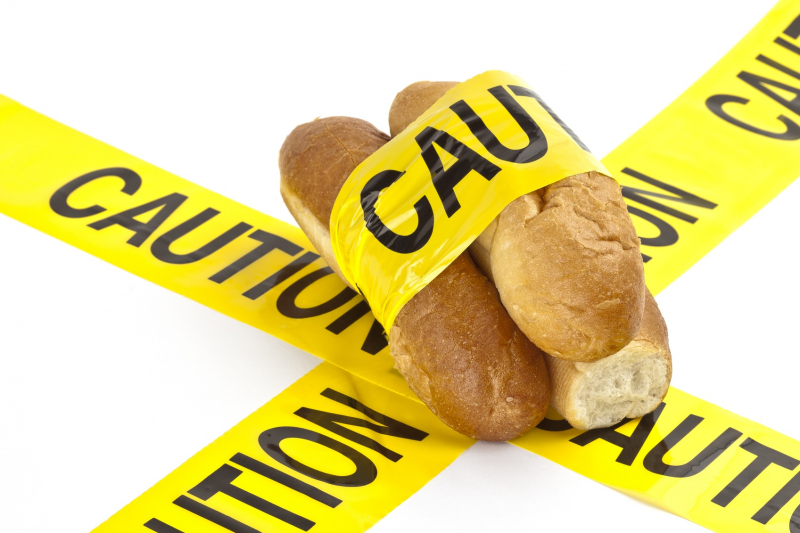
Manage your carb intake 
Manage your carb intake -
Fiber slows food digestion and sugar absorption, allowing blood sugar levels to increase more slowly. Insoluble and soluble fibers are the two types of fiber. While both are beneficial, soluble fiber has been demonstrated to help with blood sugar management, whereas insoluble fiber has not.
A high-fiber diet can help your body control blood sugar levels and prevent blood sugar lows. This might help in the management of type 1 diabetes. Fiber-rich foods include the following: vegetables, fruits, legumes and whole grains. Fiber consumption should be around 25 grams for women and 35 grams for men per day. For every 1,000 calories, that's around 14 grams.
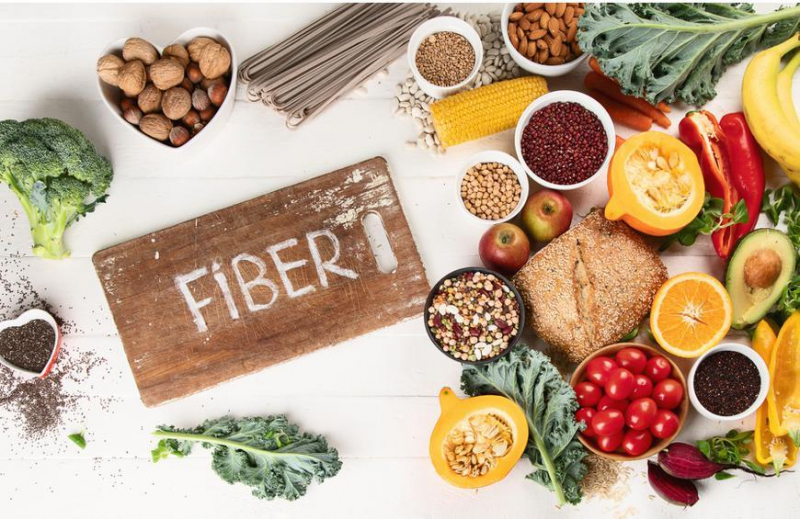
Eat more fiber 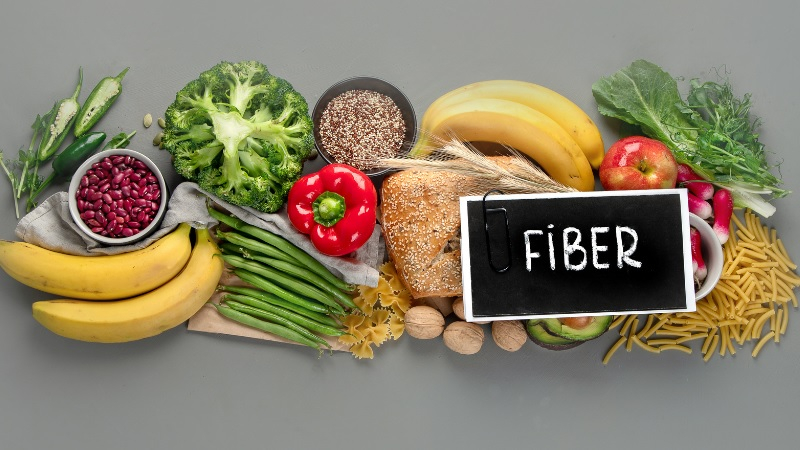
Eat more fiber -
Dehydration can also cause blood sugar levels to rise. When your blood volume decreases due to dehydration, your blood sugar concentration rises. Drinking water throughout the day will keep you hydrated and help you regulate your blood sugar. It helps your kidneys flush out any extra sugar through the urine, as well as reduces dehydration.
According to a study of observational studies, people who drank more water had a decreased risk of high blood sugar levels. Regularly drinking water can help to rehydrate the blood, lower blood sugar levels, and minimize the risk of diabetes. Keep in mind that the best drinks are water and other zero-calorie drinks. Sugar-sweetened options should be avoided since they can raise blood glucose levels, cause weight gain, and increase diabetes risk.

Drink water and stay hydrated 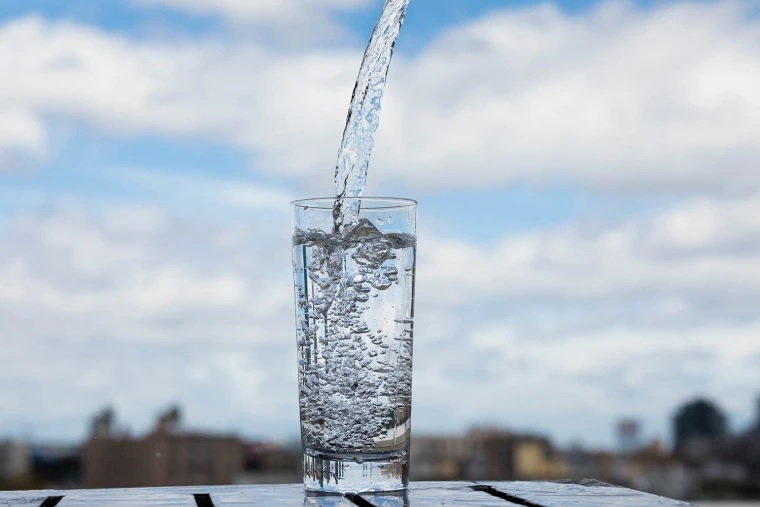
Drink water and stay hydrated -
Portion control can help you maintain a healthy weight by regulating your calorie intake. Weight management, as a result, promotes healthy blood sugar levels and has been demonstrated to lower the risk of type 2 diabetes. Blood sugar rises can also be avoided by keeping track of your portion sizes.
People with type 2 diabetes should eat foods that have at least 3 grams of fiber per serving, according to the Mayo Clinic. Protein can help improve blood sugar control and increase feelings of fullness by being added to meals and snacks. This might be especially beneficial for diabetics who are trying to lose weight. Measure and weigh your portions, use smaller plates, avoid all-you-can-eat restaurants, read food labels and check, the serving sizes, keep a food journal and eat slowly are some tips you can try for portion size.
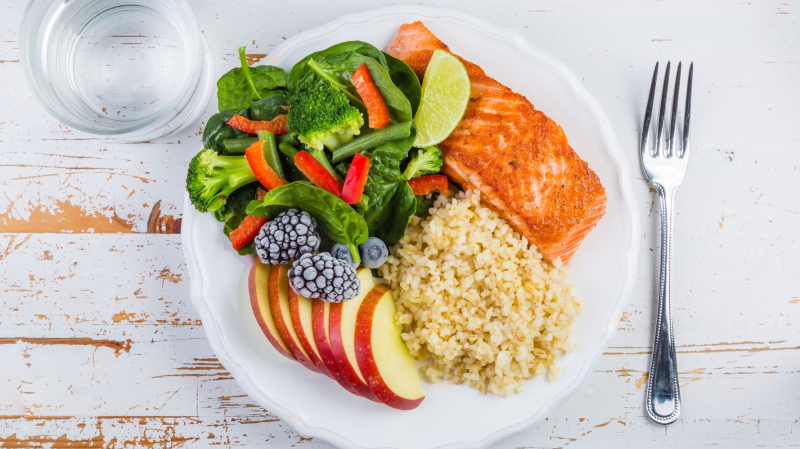
Implement portion control 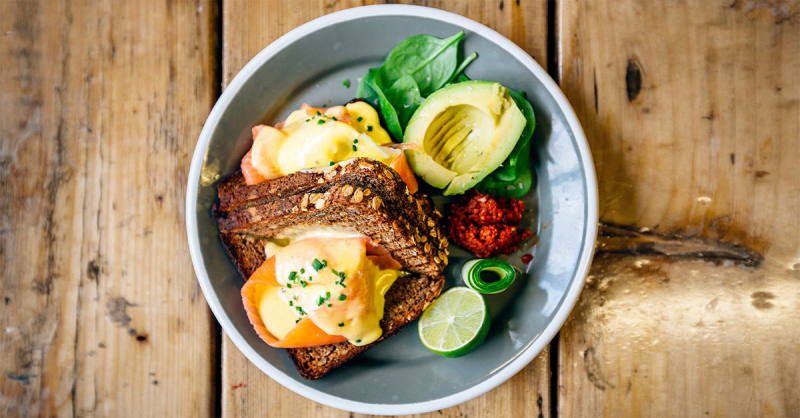
Implement portion control -
The glycemic index (GI) measures how fast carbohydrates break down and are absorbed by your body during digestion. This controls the degree to which your blood sugar levels rise.
On a scale of 0–100, the GI separates foods into low, medium, and high GI groups. Foods with a GI of 55 or below are considered low GI. The amount and type of carbohydrates you consume have an impact on your blood sugar levels. In people with diabetes, consuming low GI foods has been demonstrated to lower blood sugar levels. The following are some examples of foods having a low to moderate GI: bulgur, barley, unsweetened Greek yogurt, oats, beans, lentils, legumes, whole wheat pasta and non-starchy vegetables. Adding protein or healthy fats to a meal also helps to reduce blood sugar increases afterward.
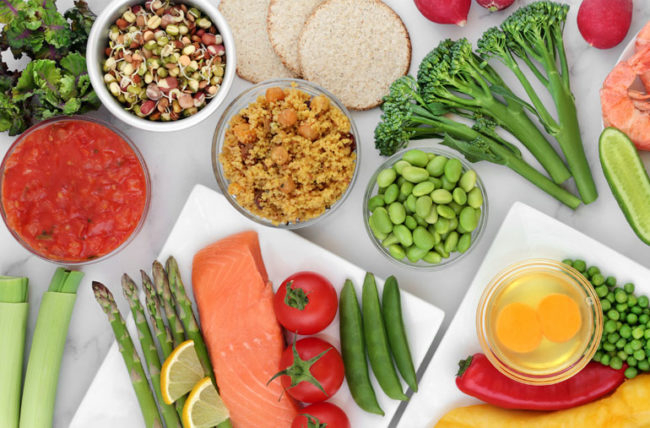
Choose foods with a low glycemic index 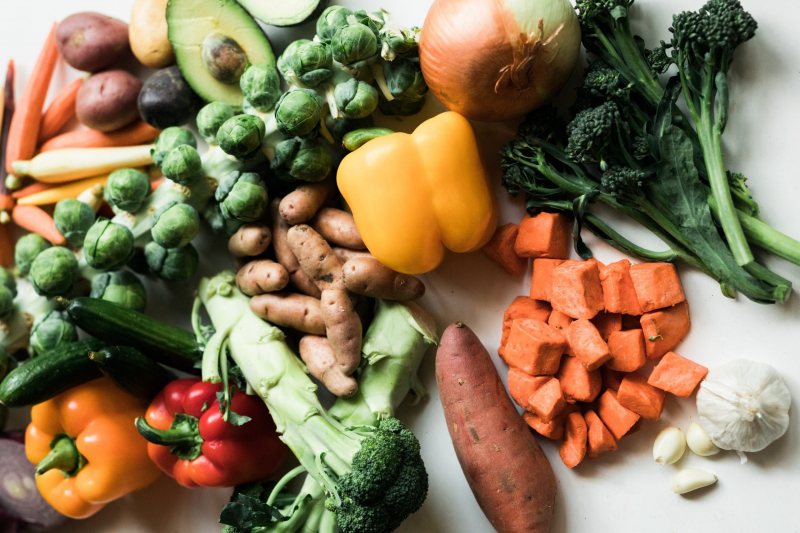
Choose foods with a low glycemic index -
Stress management is important for everyone's health, but it's more important if you have type 2 diabetes. According to Robert A. Gabbay, MD, Ph.D., an endocrinologist and chief medical officer at Joslin Diabetic Center in Boston, the way your body responds to stress might raise your risk of diabetes complications.
In fact, blood sugar levels can be associated with stress. When you're stressed, your body produces hormones like glucagon and cortisol, which raise blood sugar levels. Exercise, relaxation, and meditation significantly reduced stress and blood sugar levels, according to a research involving a group of students. Exercises and relaxation methods such as yoga and mindfulness-based stress reduction may also aid people with chronic diabetes with insulin secretion problems.
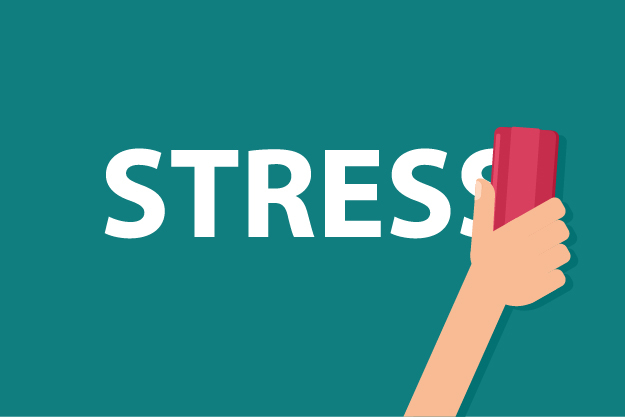
Try to manage your stress levels 
Try to manage your stress levels -
Blood glucose levels can be monitored to help you better manage them. You may do this at home with a glucometer, which is a portable blood glucose meter. This is something you should discuss with your doctor.
Keeping track allows you to see whether your meals or medications need to be adjusted. It also helps in the understanding of how your body reacts to various foods. Try measuring your levels on a daily and keeping a log of the results. Also, tracking your blood sugar in pairs, such as before and after exercise or before and two hours after a meal, maybe more beneficial. This can show you if you should make little changes to a meal if it increases your blood sugar rather than avoiding your favorite foods entirely. Some changes include replacing non-starchy vegetables with starchy ones or limiting them to a handful.
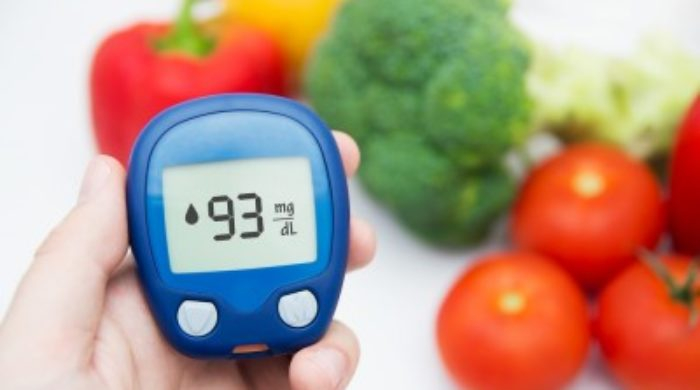
Monitor your blood sugar levels 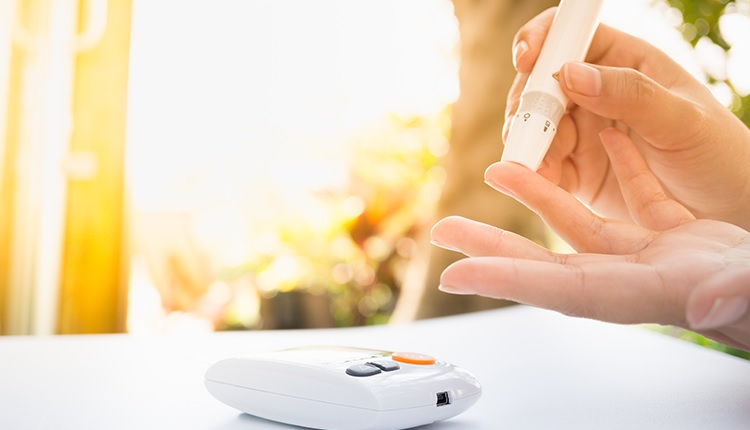
Monitor your blood sugar levels -
Sleeping enough feels great and is essential for good health. In fact, a lack of sleep can impact blood sugar levels and insulin sensitivity, raising the risk of type 2 diabetes. They can also make you hungry and make you gain weight.
Additionally, sleep deprivation raises cortisol levels, which play an important role in blood sugar management. It is important to get enough sleep in both amount and quality. Adults should get at least 7–8 hours of high-quality sleep every night, according to the National Sleep Foundation. You can try these tips to enhance the quality of your sleep: follow a sleep schedule, avoid caffeine and alcohol late in the day, get regular exercise, cut down on screen time before bed, keep your bedroom cool, limit your naps, create a bedtime routine, use soothing and calming scents such as lavender, avoid working in your bedroom, take a warm bath or shower before bed and try meditation or guided imagery.

Get enough quality sleep 
Get enough quality sleep -
Micronutrient deficiencies have been related to high blood sugar levels and diabetes. Deficits in the minerals chromium and magnesium are two examples. Chromium is involved in the metabolism of carbohydrates and lipids. It may help regulate blood sugar by stimulating the action of insulin. Foods high in chromium include meats, whole grain products, fruit, vegetables and nuts.
Blood sugar levels have also been proven to benefit from magnesium. Magnesium-rich diets have been linked to a significantly lower risk of diabetes. Low magnesium levels, on the other hand, may cause insulin resistance and decreased glucose tolerance in diabetics. Foods high in magnesium include dark leafy greens, squash and pumpkin seeds, tuna, whole, grains, dark chocolate, bananas, avocados and beans.
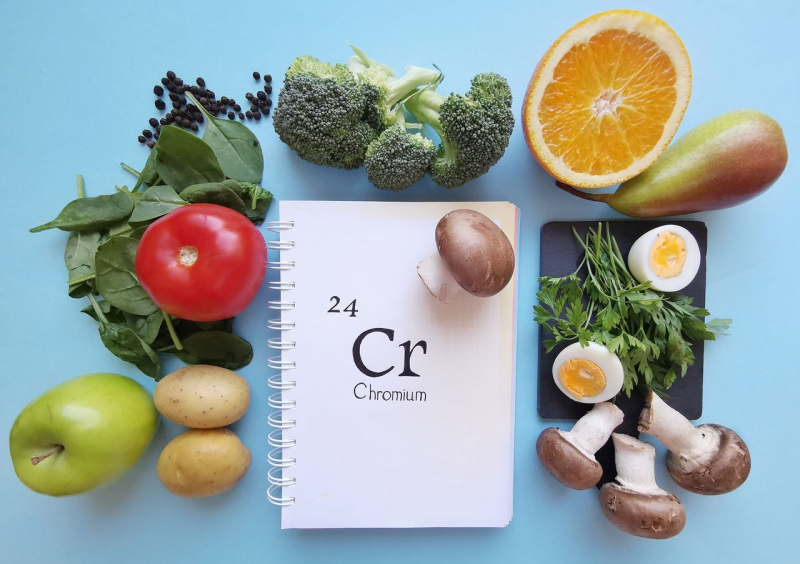
Eat foods rich in chromium and magnesium 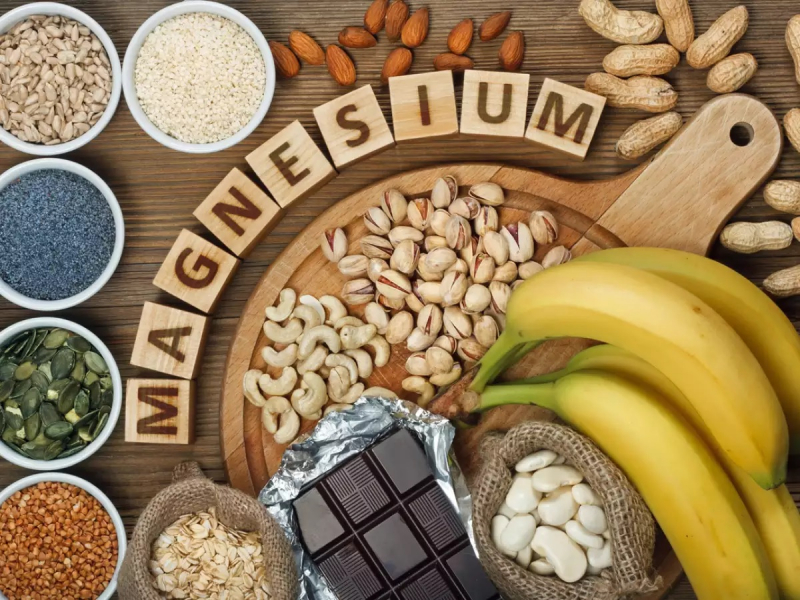
Eat foods rich in chromium and magnesium












